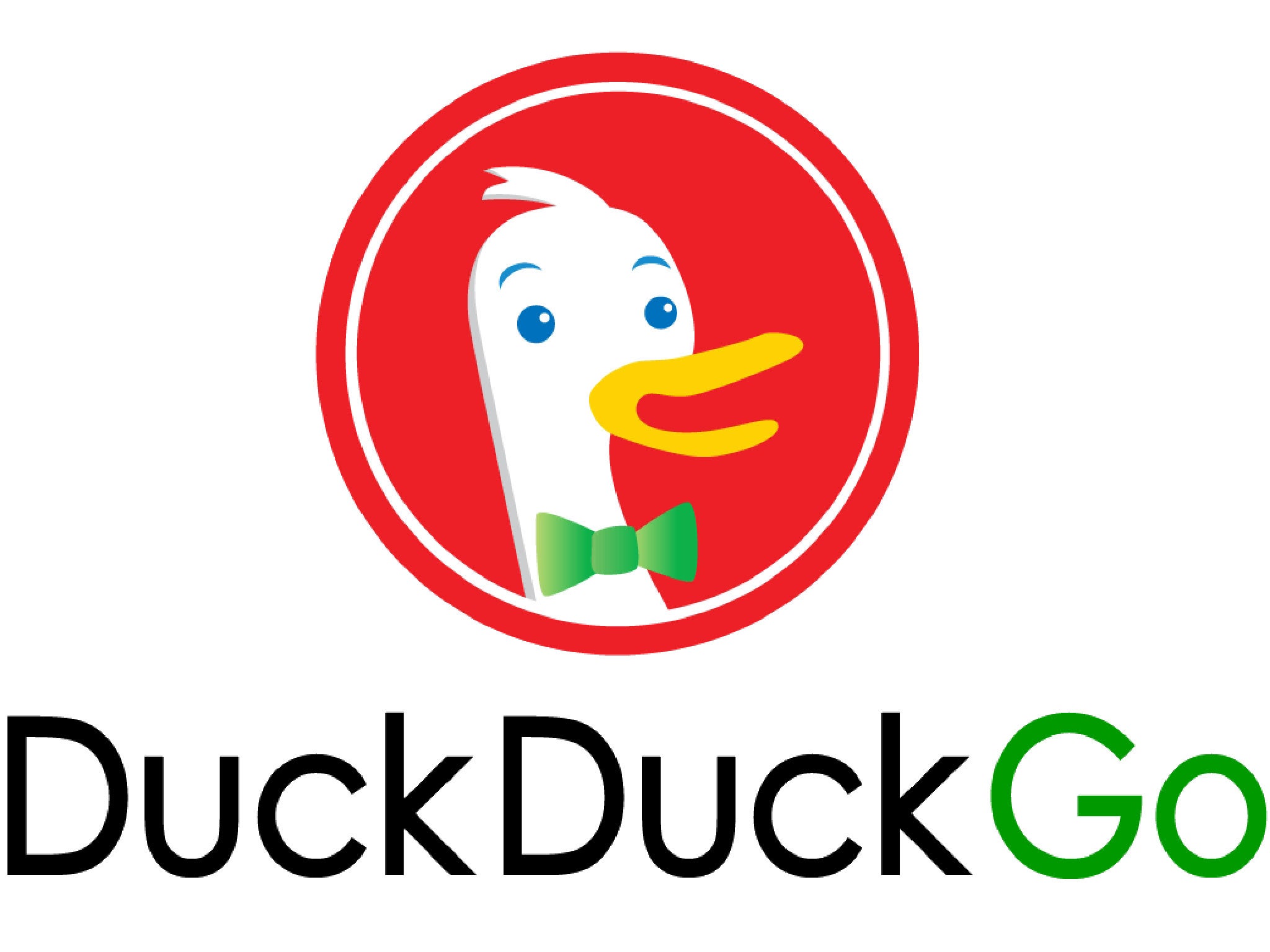Use of 'anonymous' search engine rockets following PRISM scandal
DuckDuckGo, a search site that does not track its users, announced traffic has nearly doubled

Your support helps us to tell the story
From reproductive rights to climate change to Big Tech, The Independent is on the ground when the story is developing. Whether it's investigating the financials of Elon Musk's pro-Trump PAC or producing our latest documentary, 'The A Word', which shines a light on the American women fighting for reproductive rights, we know how important it is to parse out the facts from the messaging.
At such a critical moment in US history, we need reporters on the ground. Your donation allows us to keep sending journalists to speak to both sides of the story.
The Independent is trusted by Americans across the entire political spectrum. And unlike many other quality news outlets, we choose not to lock Americans out of our reporting and analysis with paywalls. We believe quality journalism should be available to everyone, paid for by those who can afford it.
Your support makes all the difference.‘Anonymous’ search engine DuckDuckGo has announced record usage numbers after the PRISM scandal has spurred public distrust of internet companies tracking individuals' data.
Although not truly anonymous, DuckDuckGo aggressively filters spam site like content farms (sites designed to make money from advertising revenue), doesn’t track users’ searches, and doesn’t create a “filter bubble” for each individual (that is, it doesn’t alter search results to reflect what a user might prefer to see).
A tweet from the company tracking the number of searches per day said: “It took 1445 days to get 1M searches, 483 days to get 2M searches, and then just 8 days to pass 3M searches.”
The essential difference between Google and DuckDuckGo is that for the latter each search request is a separate event – it could still be tracked by someone who had already infiltrated your computer, but it won’t aggregate the data of your searches to create a profile, like Google does.
"We always knew people didn't want to be tracked,” said DuckDuckGo CEO Gabriel Weinberg to CNBC on Tuesday, “but what hadn't happened was reporting on the private alternatives and so it's no surprise that people are making a choice to switch to things that that will give them great results and also have real privacy."
However, despite cracking 3 million searches per day, the number is still tiny compared to Google, which handles 5,134 million searches in the same time period.
What the real difference between the likes of Google and DuckDuckGo’s is unclear. Although the latter’s privacy policy clearly states that “like anyone else, we will comply with court ordered legal requests” - these requests are how information was obtained from Google.
DuckDuckGo does however, follow this up by saying “[but] in our case, we don’t expect any, because there is nothing useful to give them since we don’t collect any personal information.”
Join our commenting forum
Join thought-provoking conversations, follow other Independent readers and see their replies
Comments